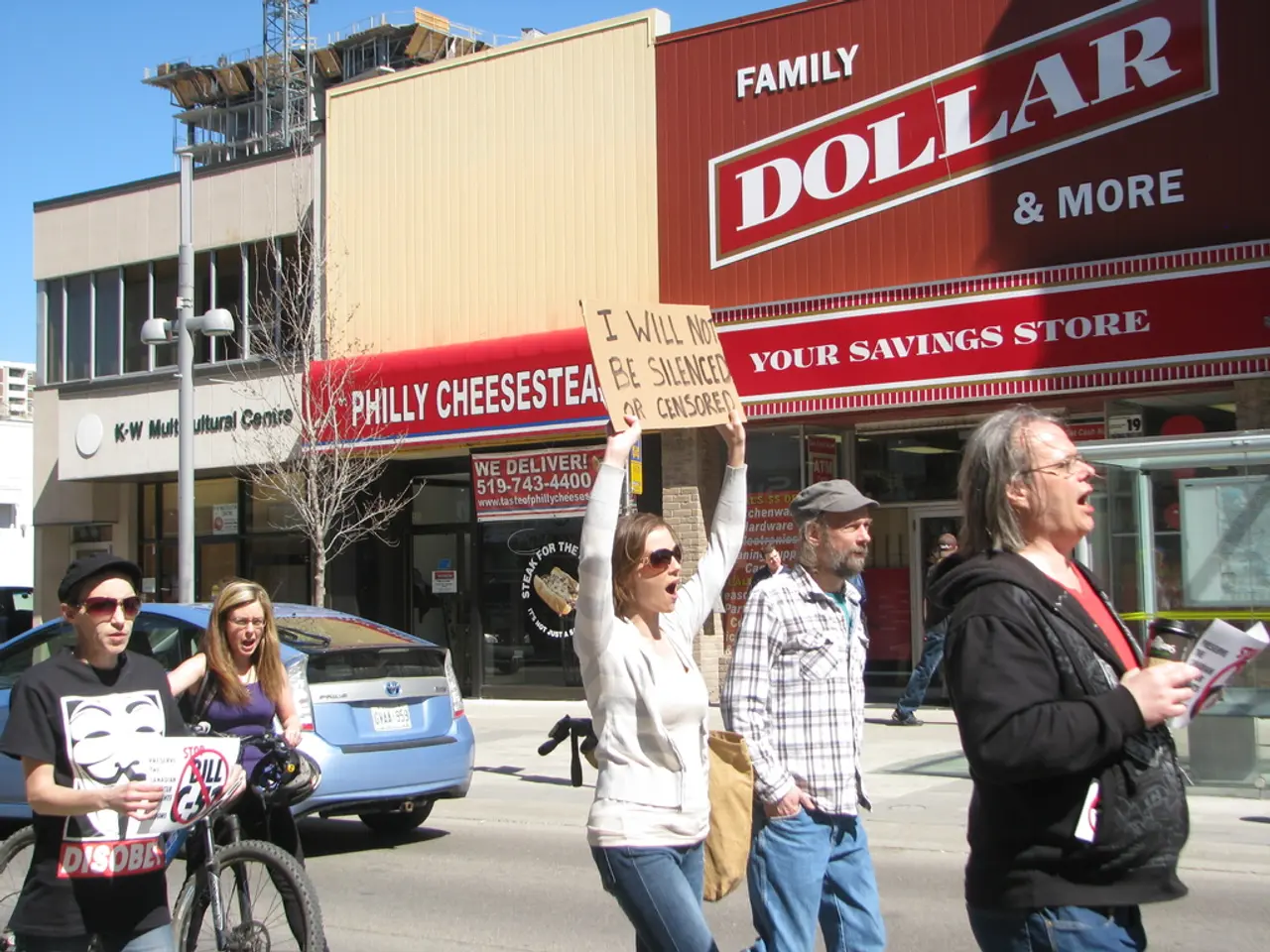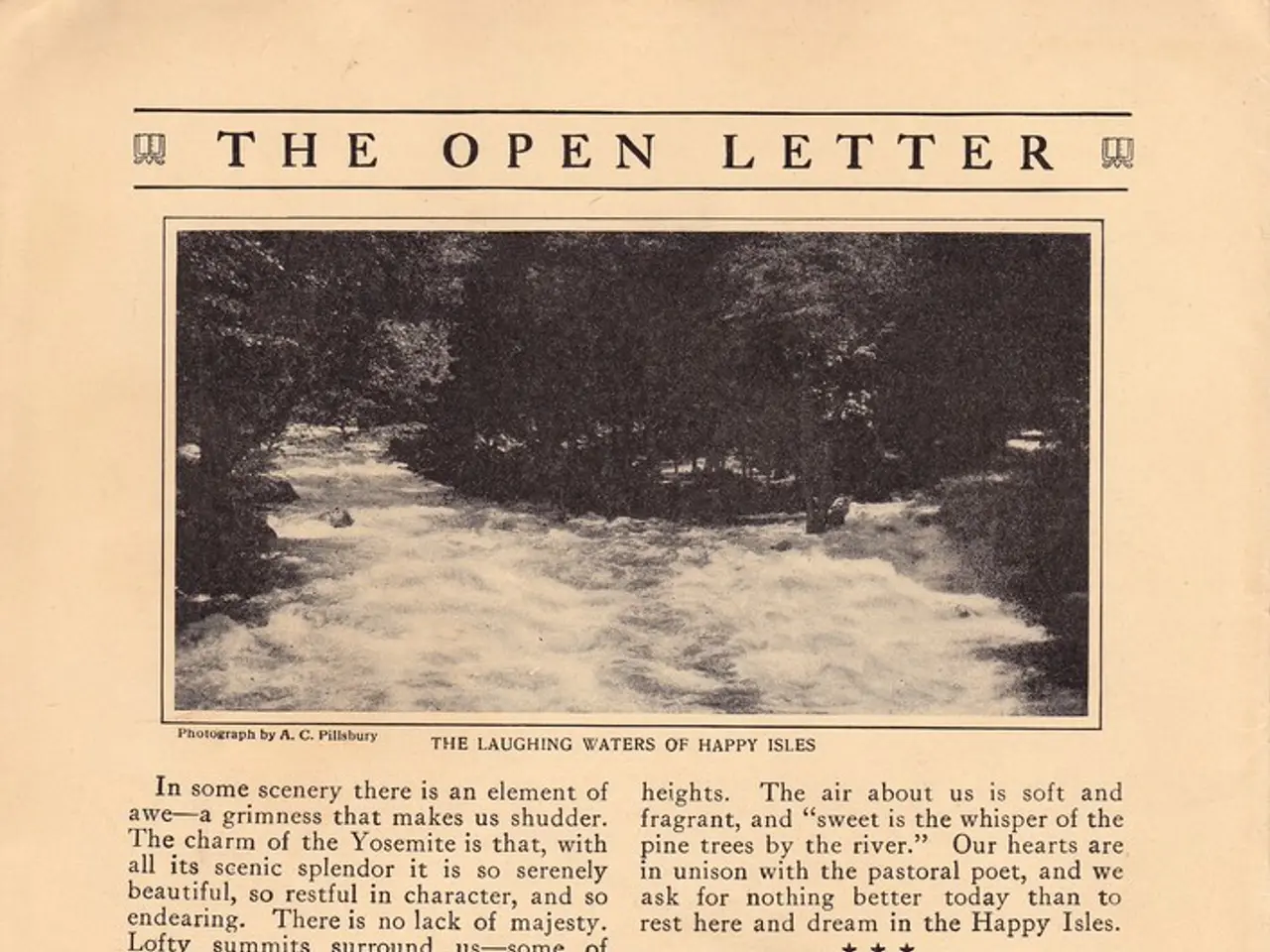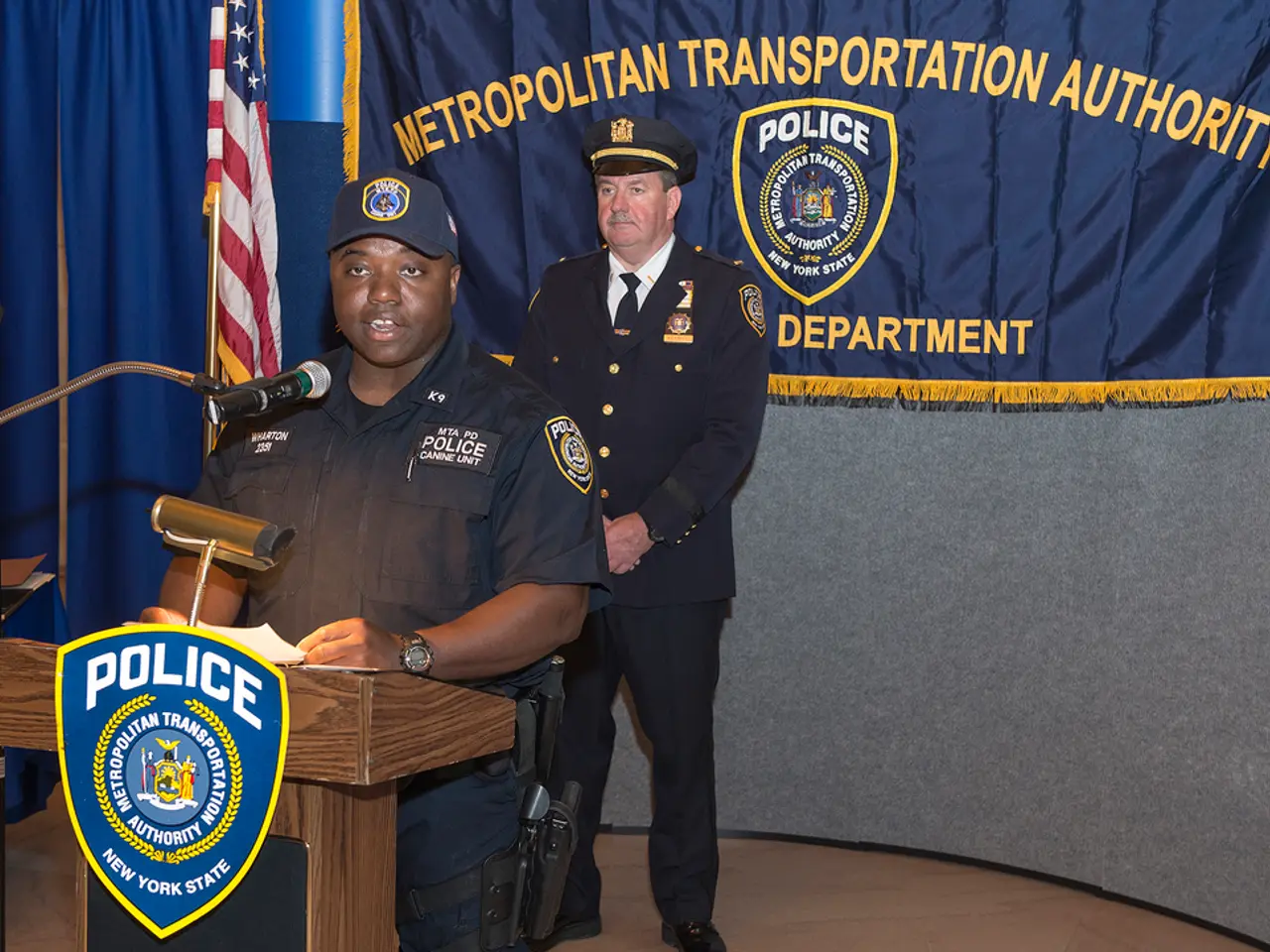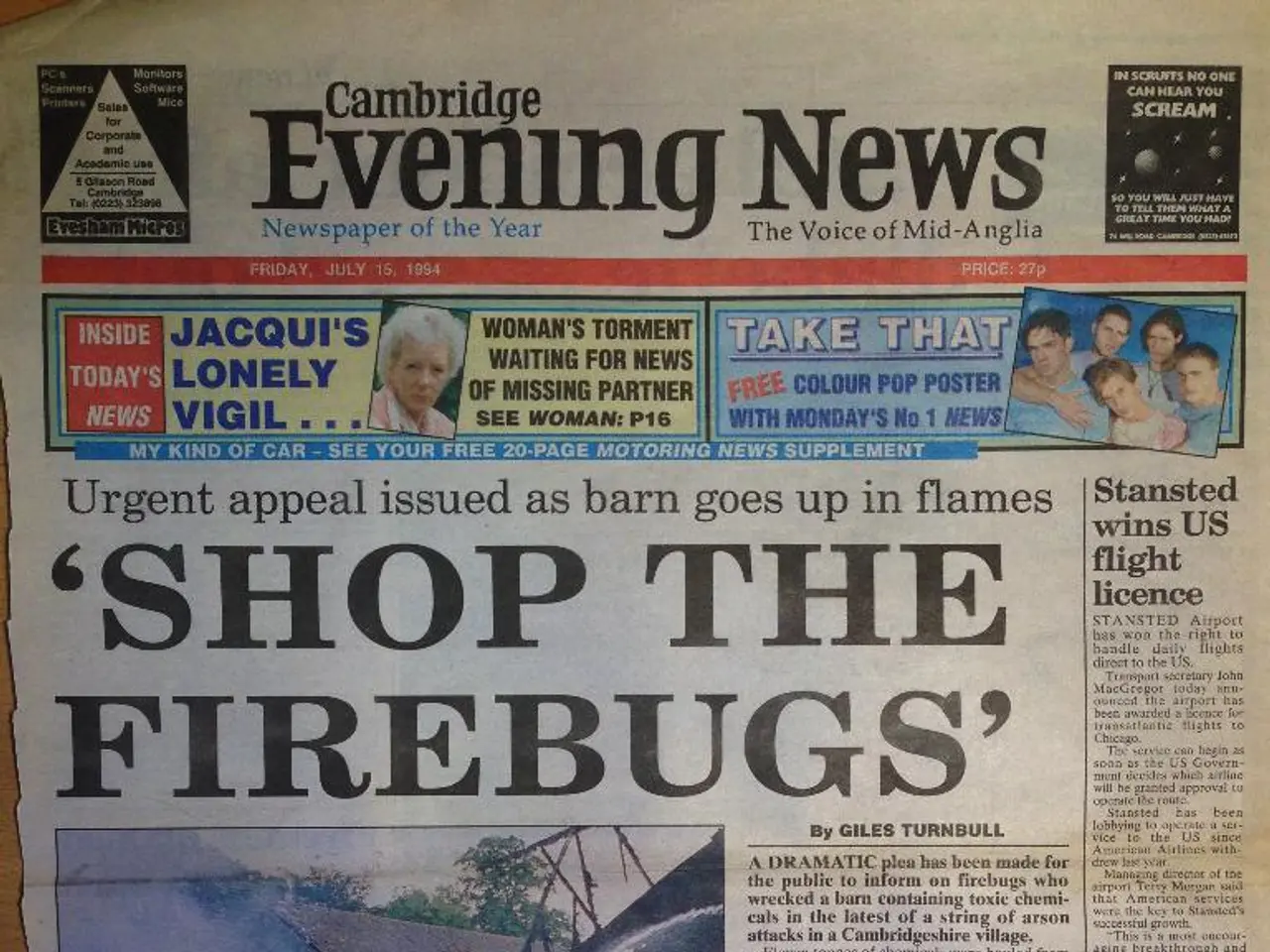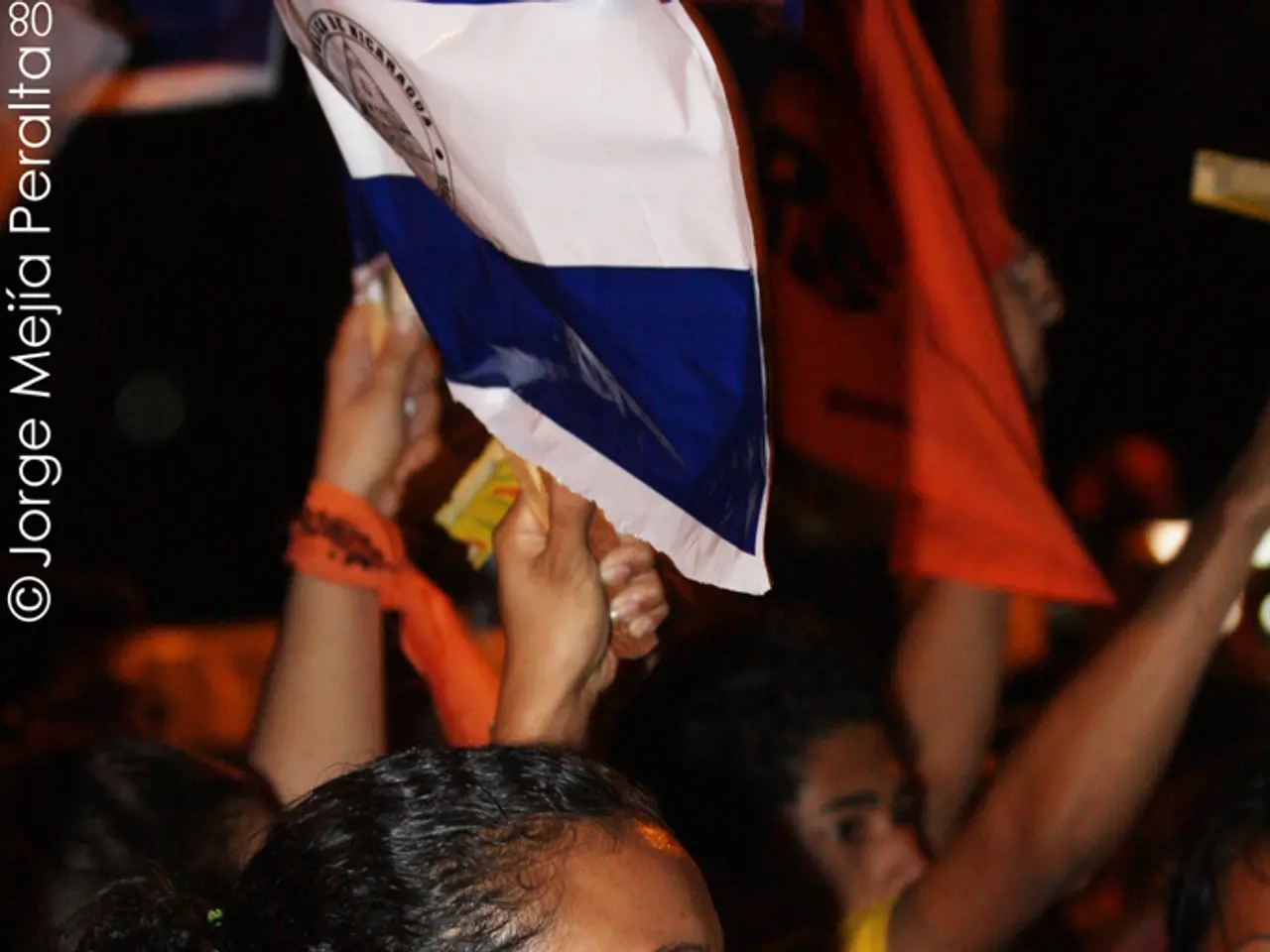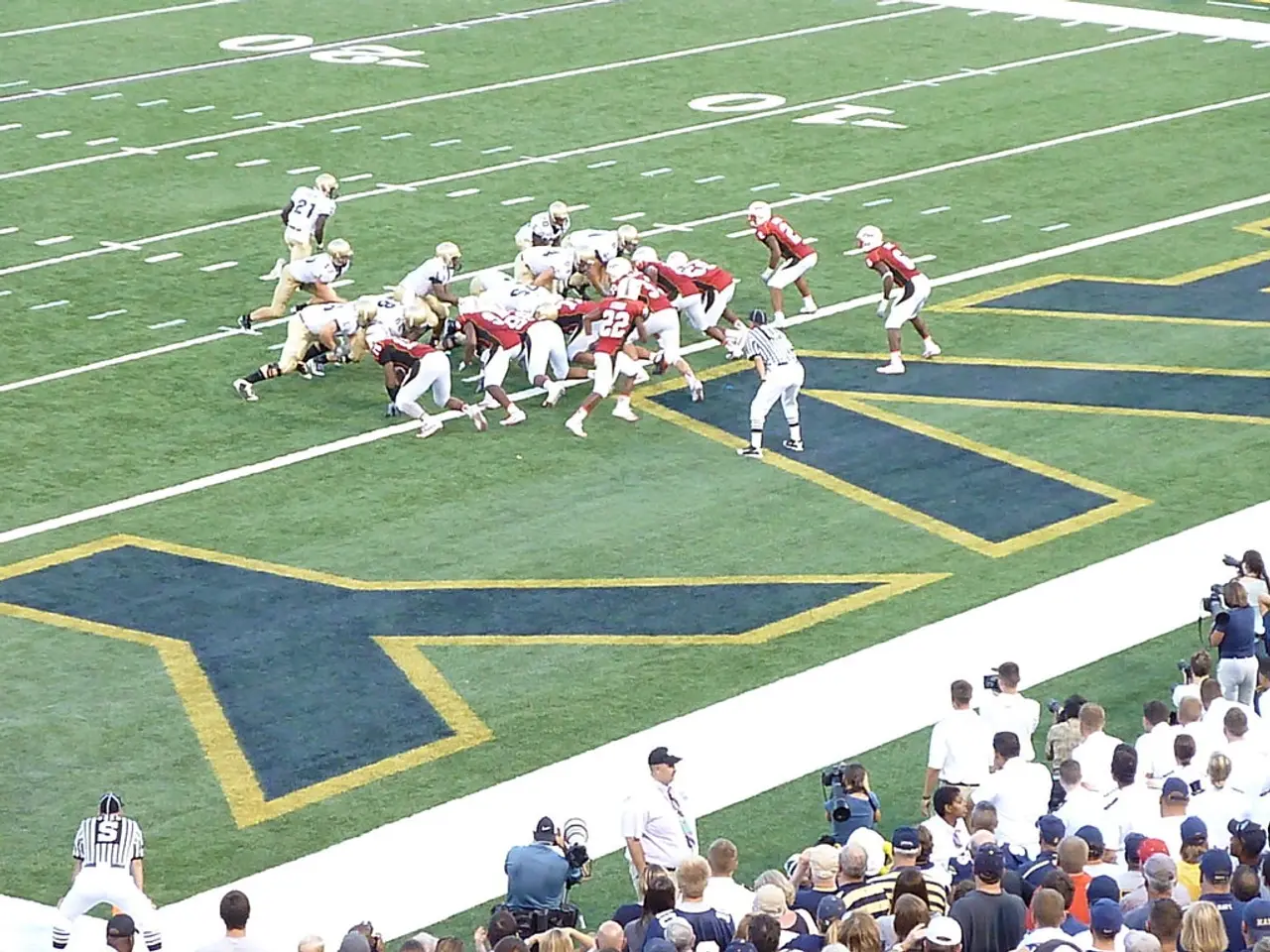United Kingdom authorities authorize Palestine Action's designation as a proscribed terrorist organization.
In a move that has sparked international debate, the British government has decided to ban the pro-Palestinian campaign group Palestine Action as a terrorist organisation. The decision, which is set to reach the House of Lords for approval on Thursday, follows the group's use of disruptive methods targeting businesses with links to Israel.
The war in Gaza, initiated by the Palestinian militant group Hamas on October 7, 2023, serves as the backdrop to this controversial decision. Palestine Action activists have been known to block the entrances of companies such as Israeli defense firm Elbit Systems, causing disruptions and raising tensions.
The proscription order, if approved, would designate Palestine Action as a terrorist organisation under British law, making it a crime to support or belong to the group. This could potentially result in a prison sentence of up to 14 years.
Home Secretary Yvette Cooper has stated that violence and criminal damage have no place in legitimate protest, and a zero-tolerance approach is necessary for national security. The government's justification for the proscription is rooted in a zero-tolerance approach to terrorism, emphasising national security as its top priority.
However, this move has not gone unchallenged. United Nations experts have urged Britain to reconsider its decision, arguing that acts of property damage without the intention to endanger life should not be considered terrorism. They cite international standards that define terrorism as acts intended to cause death, serious injury, or hostage-taking to intimidate a population or compel a government.
Palestine Action has challenged the decision in court, with an urgent hearing expected on Friday. The group's activities, which include occupying the rooftop of a subcontracting firm in Suffolk, eastern England, with links to Elbit Systems, have been criticised for causing millions of pounds of damage at various locations, including a Thales factory, an Elbit site, and the Royal Air Force base.
The proscription order also includes the neo-Nazi group Maniacs Murder Cult and the Russian Imperial Movement, white supremacist groups. The vote on the proscription of these three groups was taken together, meaning all three had to be banned or none of them.
This decision by the UK government has ignited a heated debate, with critics arguing that it infringes on the right to peaceful protest and free speech. The UN experts have emphasised the importance of avoiding the misuse of terrorism laws against political protest groups engaged in civil disobedience and direct action that do not involve violence against persons.
As the decision awaits approval in the House of Lords, the international community watches with bated breath, the implications of this decision reaching far beyond the shores of Britain.
- The ongoing debate in the international community about the British government's decision to ban Palestine Action as a terrorist organization is influenced by recent events, such as the war in Gaza and the group's involvement in property damage during protests against businesses with links to Israel.
- Amidst this controversy, United Nations experts have called for the UK government to reconsider their decision, asserting that acts of property damage without the intention to endanger life should not be labeled as terrorism under international standards, which define terrorism as acts intended to cause death, serious injury, or hostage-taking to intimidate a population or compel a government.
